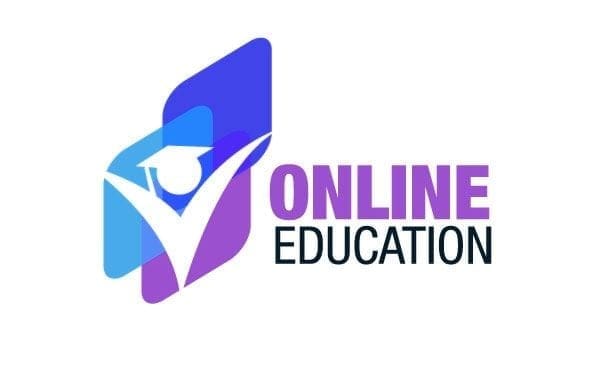
Students need to make intelligent choices in deciding their educational journeys, whether it is traditional or online. Sometimes this can be very difficult, especially when they are bombarded by an endless barrage of 30 second commercials from a growing number of community colleges and universities touting their online degrees. Marketing of these schools plays a major role in student decision making and, of course, marketers are not always known for truthfulness about their products and/or services. Much hyperbole goes into the nature of marketing to influence our purchasing decisions from a pair of jeans to a college education.
One such commercial (from one of the more popular online universities) shows a young woman in business attire, hair pulled back, smiling as she ascends in an elevator. We know the elevator is moving up because it is made of glass, so, we can easily decide that this elevator is certainly not going down. She clutches a leather bound brief (used often by professionals) and she is smiling, but not just any smile. This is not a smile saying, “What a nice day, the sun is shining.” This is a corporate “power smile,” one that clearly displays the satisfaction of accomplishment and achievement. In the background, as our successful online graduate continues her accent, we hear a disembodied voice stating, “Nothing is going to stand in your way.” So, what’s the problem with this?

Well, nothing if you believe that this is what will happen to you when you receive your online degree. Let me say emphatically that I am not suggesting that this commercial is untruthful or disingenuous. I leave that perception to the viewers and their own interpretation. The obvious message is that with an online degree from “us” you can move up in the corporate world and meet your goals and aspirations. But, this may be too simple. Do we really believe that every online graduate (or any graduate today) will be riding the glass walled elevator up the corporate ladder just like this woman? Perhaps but, perhaps not.
Commercials are designed in such a way as to elicit a response (hopefully positive) for us to buy a product and or service. The more appealing that message is and how it speaks to “us” will be very influential upon our buying decision process. As many colleges are facing tight budgets and looking for ways to shore up revenues, online classes and degrees have become a cash cow for many institutions of higher education. So, the battle for your attention (and Rupees) heats up exponentially as more and more schools line up to offer online degrees and flood the market with their messages.
The caveat here is “buyer beware” and not to get caught up in the message as being gospel truth. Do your own research.
- Find out from the college what their graduation rates are to drop out rates.
- Do they have information on graduates who are now employed and, if so, where?
- What kind of communication can you expect from your professors, and will it all be online, through email, message boards?
- Can you actually contact faculty and speak to them by phone and/or, in some instances, even make an appointment to meet, taking time and distance into consideration?
- What kind of staff support, particularly IT support, can you expect to receive?
- Most importantly, ask yourself if you are the kind of person (student) who needs the interaction of a live professor and students around you to enhance your learning experience.
Certainly, online classes are not for everyone and can be a challenging experience.
Also disturbing is an online education blog that I recently came across. One student said that he preferred on-line education to classroom lecture because he did not have to sit for 55 minutes through a professor’s boring lecture. Really, does this student think he will go through his entire online education and never have a professor who is boring? In the real world of work, you can count on meeting many boring people, and many of them will turn out to be your boss or your co-workers. Knowing that even a boring lecture has some value will help you not only in your classwork but will give you the skills to work more effectively with boring bosses and other difficult people.
Yes, the train has left the station, and perhaps you will get on board. Online education is not going to go away, and by all standards and most research is gaining in popularity and does have legitimacy. But, if you do decide to come on board, know what you are getting into. Empower yourself with knowledge before making your choice. The messages you hear and see are enticing, but the ride up the glass walled elevator may not be as smooth and easy as some may have you think.

Be the first to comment